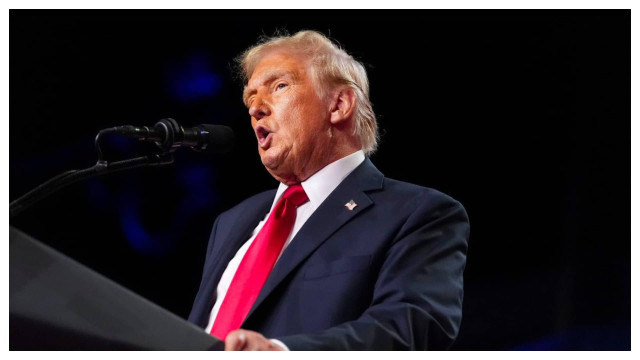Donald Trump’s stunning return to the White House brings unprecedented legal and constitutional challenges. As the first U.S. president-elect with a felony conviction, Trump faces a complex web of legal battles, ranging from state to federal prosecutions. His re-election raises the pivotal question: can Trump pardon himself? More importantly, what does his victory mean for the fate of his criminal cases?
Federal Cases: Pardons and Presidential Immunity
Trump’s re-election all but ensures the dismissal of the two federal cases against him. Special Counsel Jack Smith, who charged Trump with attempting to overturn the 2020 election and mishandling classified documents, is on borrowed time. Trump has publicly vowed to fire Smith “within two seconds” of taking office, and the Justice Department is reportedly preparing to wind down these cases ahead of Inauguration Day.
A self-pardon remains legally ambiguous. The Constitution allows presidents to grant pardons for federal offences, but no president has ever tested the boundaries of issuing a pardon to themselves. Trump previously dismissed the idea of self-pardoning, but the stakes are higher now. Even if he does attempt it, it would only shield him from federal charges, leaving state prosecutions untouched.
State Cases: Beyond the Reach of Pardons
Trump’s most immediate legal challenge is his New York conviction for falsifying business records tied to hush money payments to Stormy Daniels. Scheduled for sentencing on November 26, his lawyers are expected to argue for a delay, citing his president-elect status. However, even if sentenced, Trump cannot pardon himself for state crimes. The Georgia case, involving allegations of election interference under racketeering laws, similarly lies outside the scope of presidential pardon powers.
Legal experts anticipate prolonged delays in these state cases. Fulton County District Attorney Fani Willis’ prosecution is already mired in legal disputes, including challenges to her impartiality. Even if proceedings advance, state courts will face constitutional questions about prosecuting a sitting president, potentially stalling the cases for years.
Civil Cases and Financial Fallout
Trump’s legal woes extend beyond criminal charges. He is embroiled in multiple civil lawsuits, including defamation cases by E. Jean Carroll and a civil fraud case in New York. These cases led to multimillion-dollar judgments and will likely proceed during his presidency. Unlike criminal cases, civil lawsuits against sitting presidents are permitted, as established in the Supreme Court’s Clinton v. Jones decision.
A Strategy of Delay and Defiance
Trump’s legal playbook has consistently involved delaying proceedings, and his re-election provides the ultimate shield. By leveraging presidential immunity and the power of the pardon, he aims to outlast prosecutors. Yet, this strategy is not without risks. Legal analysts warn that prolonged delays could backfire, keeping his legal troubles in the public eye and potentially undermining his political capital.
Uncharted Legal Territory
Trump’s second term presents uncharted legal and constitutional territory. While he may sidestep federal prosecutions through pardons or dismissals, state-level cases remain a significant threat. His legal battles will likely shape his presidency and the broader understanding of presidential powers and accountability. Whether Trump can navigate these challenges without further legal or political fallout remains to be seen, setting the stage for a presidency unlike any other in American history.




















